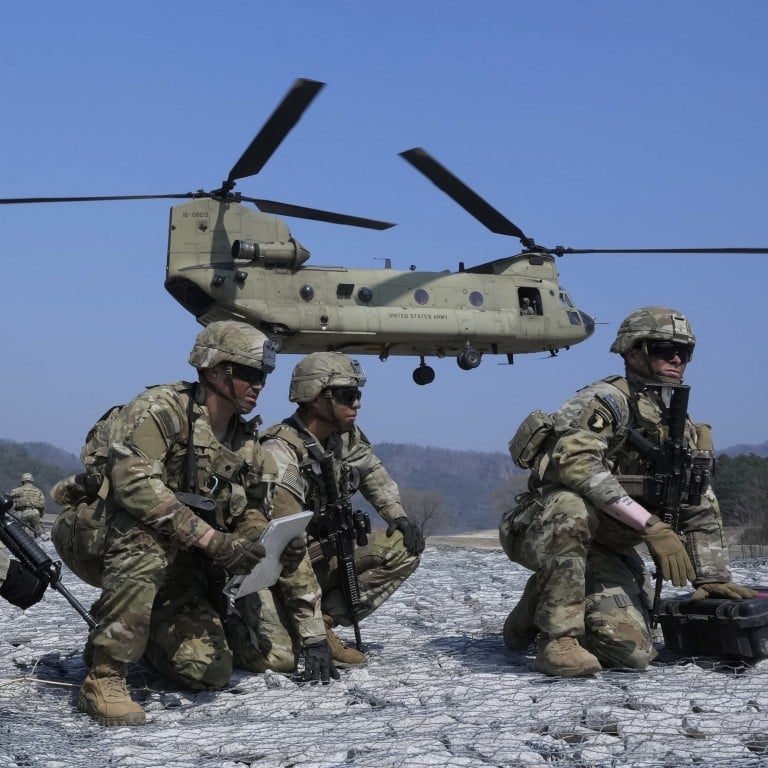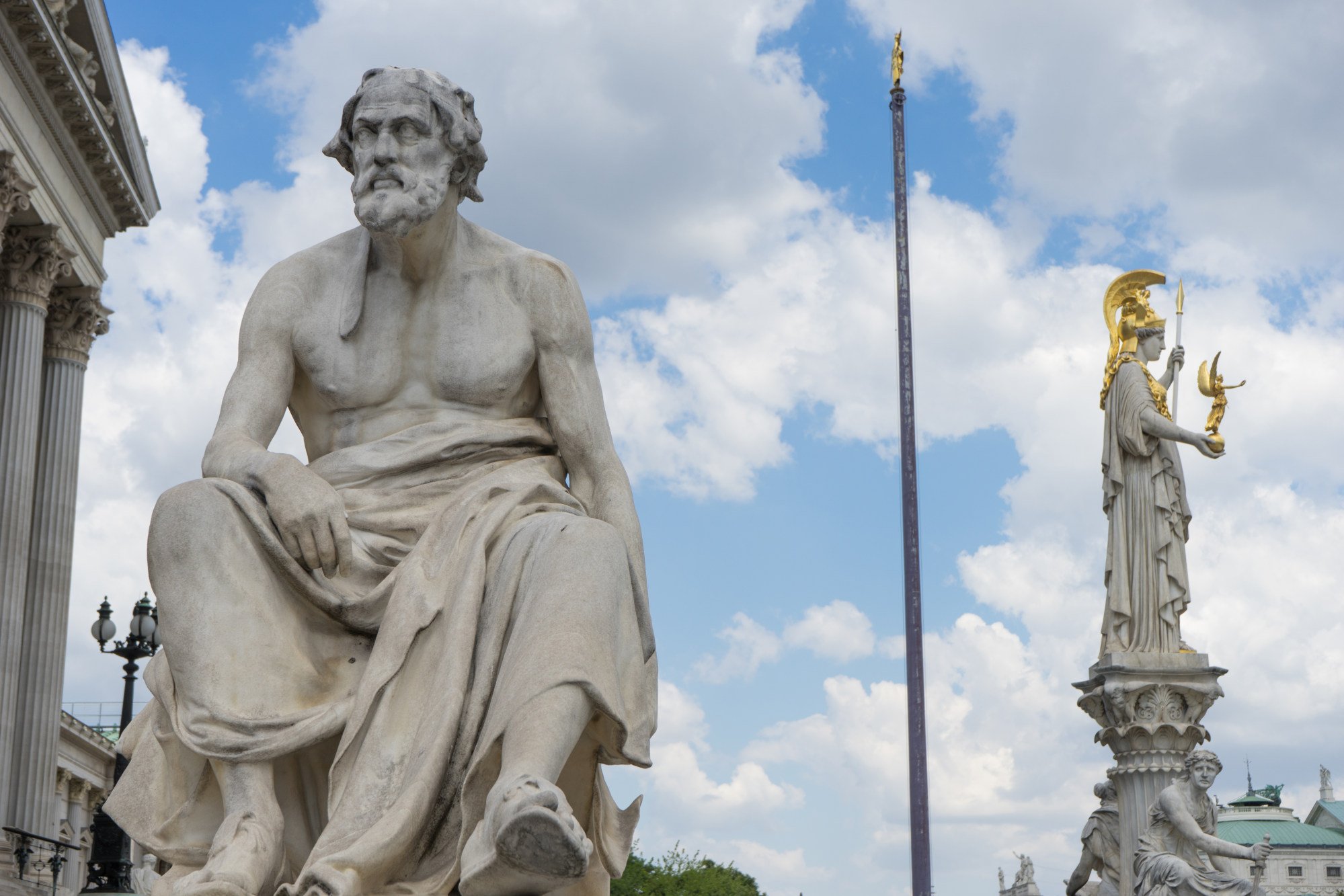
Lessons from Thucydides as Pax Americana gives way to Pax Technologica
- While much as been made of the ‘Thucydides trap’, the Greek historian’s insights are also useful in recognising how emotions fuel war
- The US must be willing to end its role as the global cop and share power with the rest of the world to ensure prosperity and avoid catastrophe
Athens wanted to expand while Sparta was determined to contain it, and thus the war was fought directly or through proxies and allies. It stretched over 27 years, in between periods of peace or truces. Thucydides’ History of the Peloponnesian War ended abruptly, before the surrender of Athens in 404 BC.
However, contemporary US leaders might identify with Athens as the guardian of democracy as well as having the strongest navy. Few remember that owning slaves was allowed in Athens, too.
My reading of Thucydides in the English translation indicates he saw war clearly from his realist experience not only as a general but also as a politician.
The real issue is therefore how to avoid the trap itself. Each side has a narrative of its own destiny and, if the rival narratives clash, then they will fight over who is right. If it is less costly, they will engage in proxy wars in every domain, using smaller allies or borderlands as test beds for their contest of power.
Thucydides has an insightful chapter on the Athenian conquest of Melos, a colony of Sparta. The Melians argued for neutrality, but despite that, Athens conquered Melos, slaughtered its men and sold its women and children into slavery. As Thucydides wrote, “The strong do what they can and the weak suffer what they must.”

History shows that Europe was always at war, punctuated by truces and periods of peace. Over the last five centuries, Europe’s infighting spilled over to become imperial quests. Much of the rest of the world – the victims of the proxy wars between European powers – remembers this vividly.
In the end, the wars within Europe became attritional, causing Britain to cede its imperial status. These wars became so exhausting that the warring parties finally sued for peace, only to revive the conflict when one side wanted to exact revenge.
The true battleground in the US-China cold war will be in Europe
World War II was fought in Europe because Germany felt it was humiliated in the conclusion of World War I. Many wars are fought because they are emotion-driven, they end when everyone loses.
To defend Pax Americana, will the US be willing to “pay any price, bear any burden and meet any hardship” as president John F. Kennedy pledged in 1961? If not, will the indispensable nation, as secretary of state Madeleine Albright described the US in 1998, be willing to share power and global responsibilities to deal with global challenges such as climate warming and economic prosperity?
US climate envoy Kerry says China has invited him for talks
The Thucydides Trap is not a matter of whether sliding into war is inevitable but whether peace should be maintained. It is easy to unleash the madness of war but tougher to control emotions for peace.
The difference between World War II and World War III will be nuclear termination. Stepping back from the brink of nuclear extinction will require extraordinary statesmanship which recognises that peace is the only rational way out of the emotional wreckage of war.
How many more people have to die in the Ukraine war before everyone comes to the negotiating table?
Andrew Sheng writes on global issues from an Asian perspective

